Have you ever seen a Pole on British television? Poles are the biggest immigrant group in Britain, numbering between 900,000 and one million, so you might think they would be all over the TV. But no, there are hardly any. There is a Polish character on Coronation Street, who might turn out to be a sex-trafficker. There was also a Polish character on EastEnders, although the actor who played him left the show to become the Pole on Coronation Street.
As a British person living in Poland, I have spoken to many Poles who have lived in the UK. They have told me eye-widening stories about exploitation, crime, poverty and xenophobia, but also about dedication, luck, success and self-discovery. One friend worked as a private barman for a gangster; another went from being homeless to serving celebrities in one of London’s trendiest restaurants. Their stories, like many others, could be the subject of excellent dramas. It is a shame that none exists.
There are plenty of programmes that focus on British Asians: Informer, Muslims Like Us, Citizen Khan, Man Like Mobeen, My Asian Alter Ego, The Big Asian Stand-Up, Goodness Gracious Me and more. Meanwhile there are almost no documentaries, dramas or sitcoms about Poles in the UK. I can only think of The Poles are Coming, a brief but well-made documentary on Polish immigrants and Londoners, which featured Poles living and working in the UK, but was only broadcast on TVP, a Polish television channel.
It is not as if there is a shortage of Polish actors who could perform. Take Marcin Dorocinski, who starred in Polish films such as Pitbull and You are God. He appeared in the BBC’s Poland-based historical drama Spies of Warsaw. Perhaps this series should count, although it was not about Polish migrants, or even living Poles, or even Poles per se but British diplomats in Poland during the second world war.
Why do we not hear about this lack of representation? There are campaigns for all sorts of minority groups to be represented better on TV — and we hear a lot about the need for more female or LGBT voices to be heard. But when it comes to Poles, no one seems to care. I searched the Guardian website for any mention of Polish marginalisation. Nothing. Nic.
Granted, Poles don’t seem to mind. Polish migrants rarely get involved with identity politics. Being white and Christian, they are a lesser concern to the sort of left-wing activist who gets worked up about cultural representation. A divide between upwardly mobile white-collar Poles and more working-class migrants also discourages collective organisation.
Besides, Poles are often too busy to watch television. They tend to work in areas such as social care, agriculture and construction, where shifts are long and exhausting. Many of the Poles I know are big fans of classic British series, like Mr Bean, ’Allo ’Allo! and, curiously, Keeping Up Appearances.
If Poles feel short of relatable entertainment, they can seek out Polish programmes on the internet or the Polish international channel TVP Polonia. (I recommend Magda Gessler’s Kitchen Revolutions, which features a Polish chef with a mane of frizzy curls and a glare so harsh it could frighten Gordon Ramsay.) Poles also flock to see Polish films in British cinemas. Pitbull, Kobiety Mafii and Botoks have all been box office hits in the UK, despite the fact most British people would never know it. Pitbull follow-up Pitbull: Last Dog, a cheerfully violent gangster film featuring flesh and firearms, opened on more than 250 screens last year.
Much as it would be nice to have more Poles on British television, it would be a shame if they were subjected to atrocious, clichéd programmes designed to represent them. One can almost picture the dreary, pandering BBC drama: Piotrek leaving his backwards Catholic home for the bright lights of London, only to be harassed and abused by a white van-driving pro-Brexit local thug called Nigel.
‘Cultural representation’ is a modish issue, but it is not half as important for most people as a good income, an affordable home, decent schools and healthcare. Is the average British Pole much worse off for not seeing his or her peers on the TV? I doubt it. I think they have more pressing concerns.
Got something to add? Join the discussion and comment below.
Get 10 issues for just $10
Subscribe to The Spectator Australia today for the next 10 magazine issues, plus full online access, for just $10.
You might disagree with half of it, but you’ll enjoy reading all of it. Try your first month for free, then just $2 a week for the remainder of your first year.



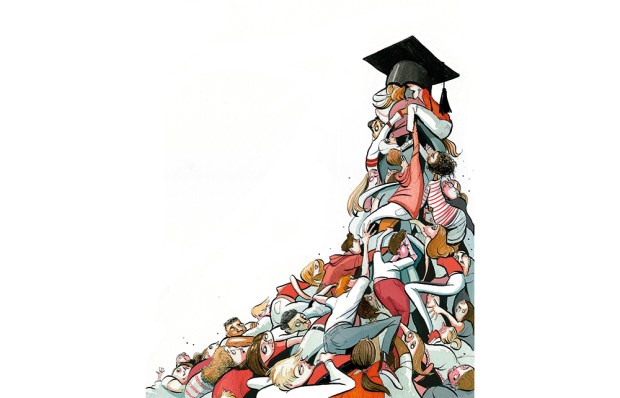
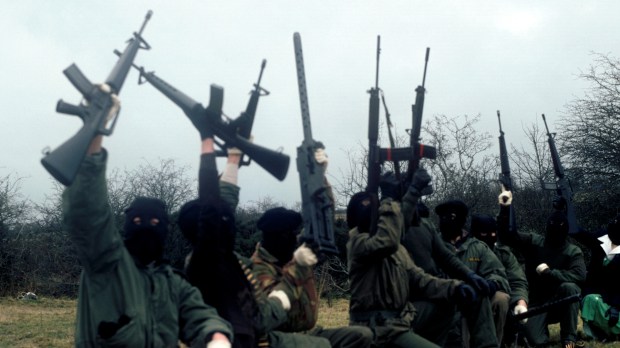
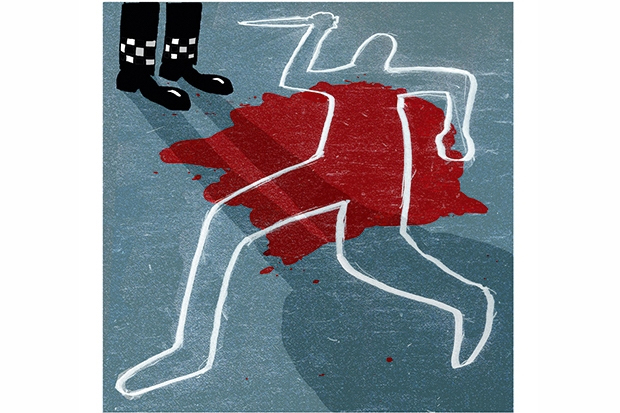
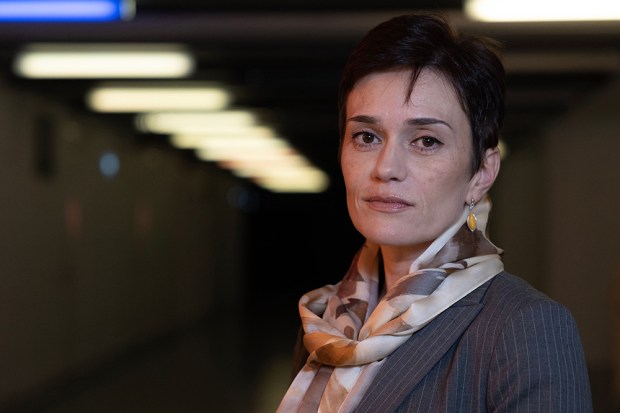
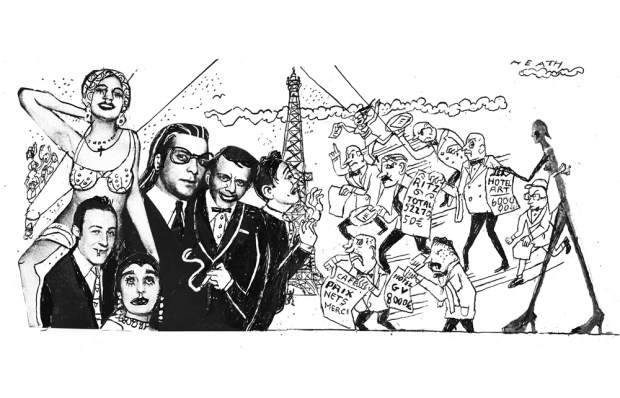






Comments
Don't miss out
Join the conversation with other Spectator Australia readers. Subscribe to leave a comment.
SUBSCRIBEAlready a subscriber? Log in